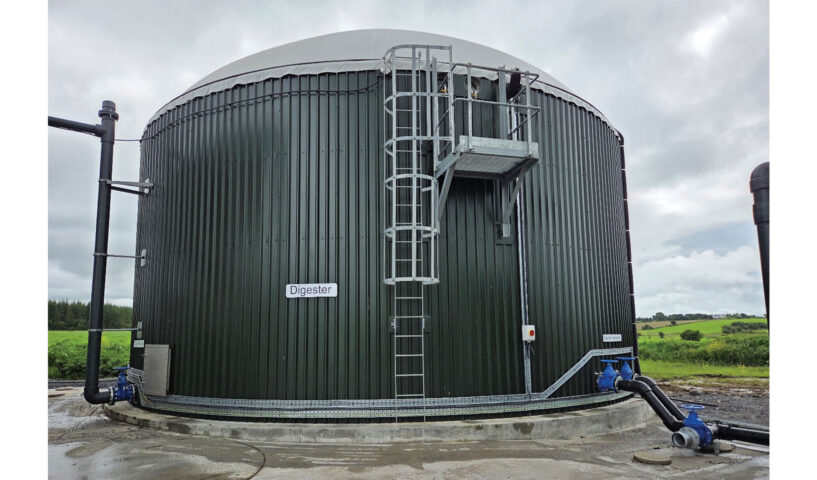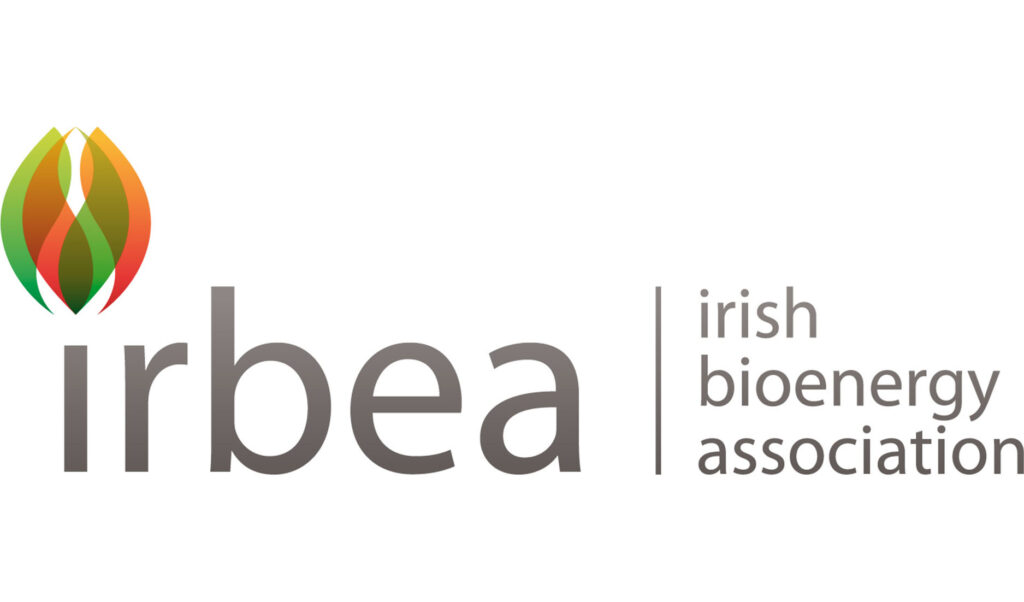
National Designated Maritime Area Plan (DMAP) proposal published
13th October 2025
Renewable Heat Obligation Bill set to be introduced
13th October 2025The Irish biomethane opportunity is huge but yet to be mobilised

While the Irish Bioenergy Association (IrBEA) is the representative body for all the bioenergy sectors including solid biomass, liquid biofuels, biogas/biomethane, wood fuel and biochar, the focus of this article is on the biogas/biomethane sector, writes Seán Finan, CEO of IrBEA.
IrBEA has members across the full biogas/biomethane supply chain including feedstock suppliers, project developers, technology and service providers, consultants and end users.
Biogas/biomethane produced using anaerobic digestion (AD) technology
Biogas is produced using anaerobic digestion (AD) technology to convert organic waste to energy and biofertiliser(digestate). The biogas produced can be upgraded (impurities removed) to make biomethane. This biomethane can be injected into the gas grid and used as a renewable fuel for transport, heating or electricity production. In Ireland, there are up to 20 biogas producers operating with over 70 in Northern Ireland. Biogas/biomethane production is a large mainstream industry in many European countries.
Different scales of production possible
AD technology can be deployed at varying scales, from small farm plants to large industrial facilities. The feedstock inputs, renewable gas use, support and regulatory requirements vary depending on the size and scale of production. The biogas industry is heavily regulated in Ireland through the Animal by Products (ABP) Regulation and specific licensing requirements depending on the scale and size of the production facility.
Biomethane strategy and targets
In 2024, the Irish Government published the National Biomethane Strategy. This sets out how the Government envisages the sector will develop here. Ireland’s biomethane target is to produce up to 5.7 terawatt-hours (TWh) of indigenously produced biomethane by 2030. This will require the development of up to 200 large scale production facilities and this level of production would represent approximately 10 per cent of current gas used in Ireland.
Supports and market certainty is required
Most European production of biogas/biomethane has been financially supported and mobilised through dedicated feed-in-tariffs or other state support schemes. In Ireland, a support mechanism is required by the industry to bridge the gap between the cost of production of biomethane and the price of fossil gas. The biomethane strategy sets out that a capital grant programme and a Renewable Heat Obligation (RHO) are the preferred options by the Government for the mobilisation of the sector. It still remains to be seen if they will provide investment certainty. The RHO, which is an obligation on fossil fuel suppliers to include a percentage of renewable fuel in their fuel mix. This is currently making its way through the legislative process. There are issues arising in the proposed scheme which need to be address for it to achieve its objectives.
The opportunities and benefits
The potential opportunities and benefits provided by the sector are huge. These include digestate use as a biofertiliser to displace chemical fertiliser on farms, develop the agricultural circular economy, farm diversification options, emissions reduction, decarbonisation by displacing fossil fuels and jobs/economic activity to name but a few.
If you would like further information, please contact me.
Seán Finan B.E., C.Eng., MIEI
Irish Bioenergy Association CEO

E: seanfinan@irbea
W: www.irbea.org

